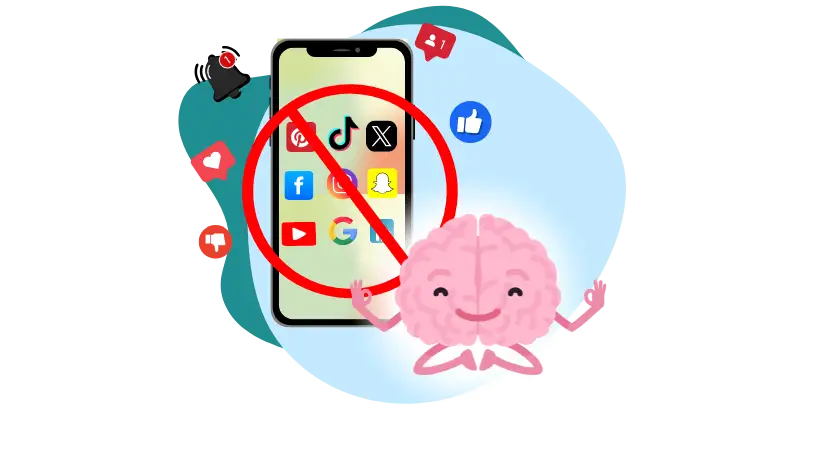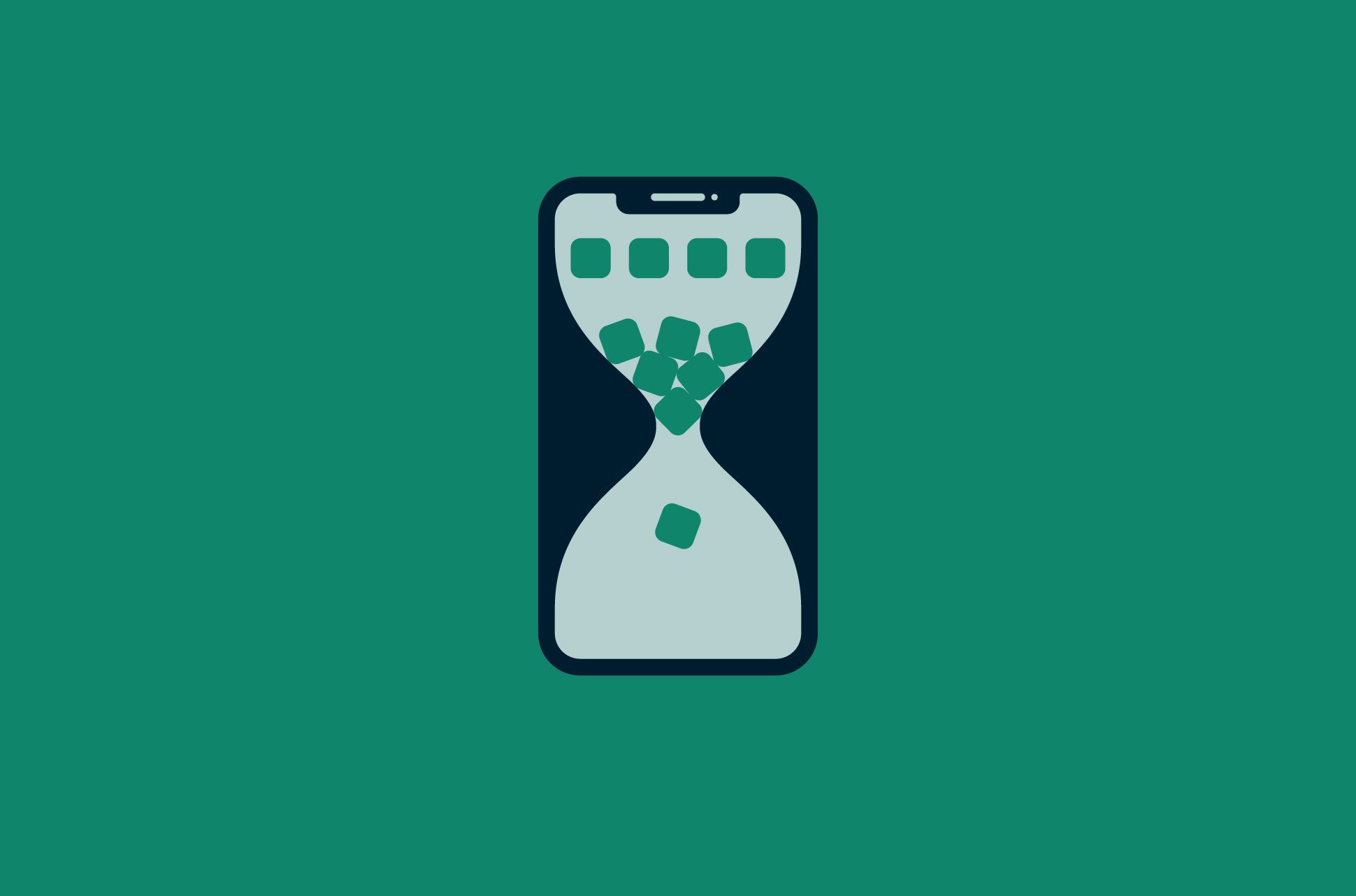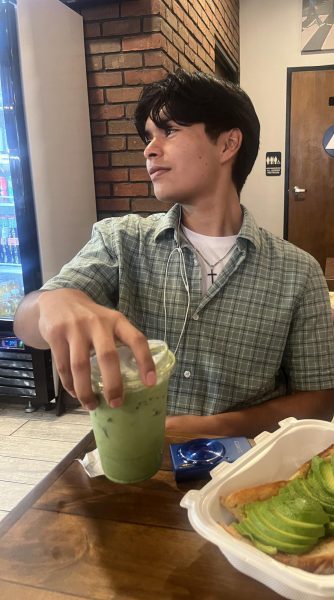Many students now spend their days scrolling endlessly through Instagram, Snapchat, and TikTok, but others are starting to take a break. People are encouraged to take a break from their favorite applications as part of a rising movement known as the “social media detox” to increase productivity, focus, mental wellness, and even rediscover healthier offline hobbies and relationships, and stronger academic success.
The Reasons Behind Students’ Break
Teenagers and young adults are starting to embrace the concept. The American Psychological Association reports that studies have shown a high correlation between excessive social media use and decreased face-to-face interaction, disturbed sleep, and elevated anxiety. Many people report feeling less stressed and more balanced in their daily routines after disconnecting, even for a brief period of time.
The Viewpoint of a Student
Alyssa (12), one of the students I’ve interviewed, talked about her own experience quitting TikTok. The removal of TikTok, she claimed, “deleting TikTok improved my study habits, helped me break the habit of constantly checking my phone, and even freed up extra storage.” Her experience reflects what health professionals stress: students frequently regain valuable time and attention that may be used for studying, hobbies, or relaxation when they are freed from continual temptation to scroll.
The Health Advantages of Reducing
Studies also highlight benefits to the body and mind. Because blue light exposure and compulsive scrolling can disrupt brain function, Harvard researchers have shown that reducing screen time enhances focus and sleep quality. When taking breaks from application, many students report feeling more attentive in class, less distracted when studying, and more involved in in-person interactions.
Finding Balance Instead of Quitting Forever
Experts in digital well-being also emphasize that detoxing is about achieving balance rather than permanently stopping. According to the Cleveland Clinic, reducing social media use to 30 minutes per day can have a significant positive impact on mental health outcomes. That might mean removing one app for a week for some people, or setting aside specific times of the day to go offline, or establishing reminders for screen time.
The effect is particularly evident in schools. Students who use social media less are more likely to participate in class discussions, be less anxious about online drama, and maintain focus on their assignments, according to teachers. Detoxing also helps friends focus on more meaningful in-person interactions rather than likes and alerts.
The Takeaway
Detoxification is a personal choice, though. Smaller actions like turning off notifications or keeping a phone outside the bathroom at night can already have an impact for some people who find that completely removing apps is too drastic. Learning to manage social media rather than allowing it to dominate you is what really counts.
The benefits are evident for students like Alyssa. In addition to enhancing her study habits, taking a vacation from TikTok provided her with additional phone storage and peace of mind. In a world where people are constantly scrolling through social media, a social media detox can serve as a reset button for many people.









